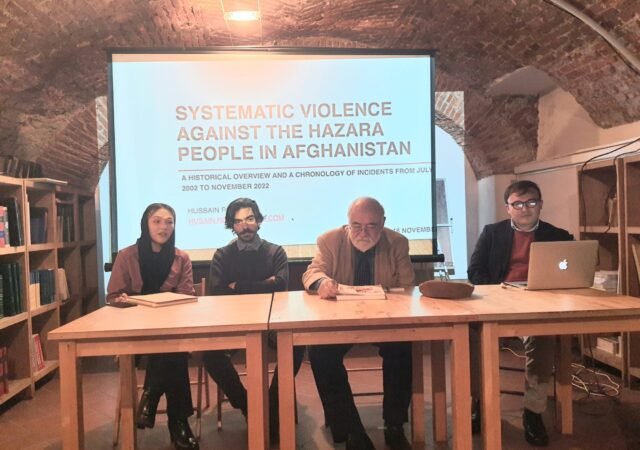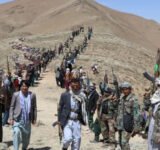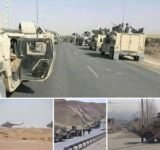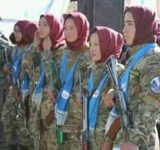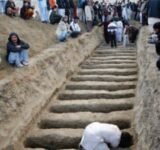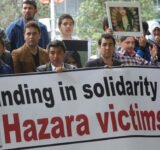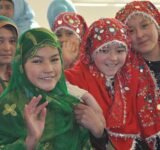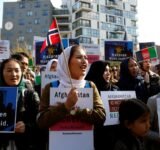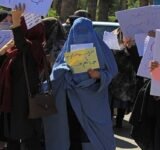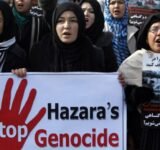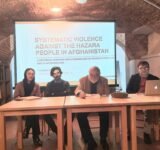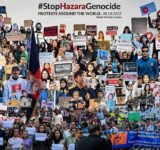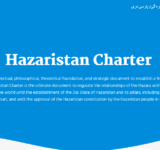Najibullah, 57
In 1998, the Taliban ramped up mass killing campaigns of Hazara civilians in Mazar-i-Sharif, a city in northern Afghanistan. More than 8,000 Hazaras were killed in a matter of days, and thousands of others were abducted, tortured, or taken as prisoners. Najibullah was arrested alongside 14 other Hazaras, including several youth. He recalls how small and humid the jail was. “No water or food was given to us the first day. We thought we would die from thirst.” Najibullah spent seven months in the jail — many days without food.
Najibullah recalls being transported to a new jail in the tank of a truck. No one’s families knew where they were being taken. It was so hot in the container that they couldn’t breathe — many suffocated and died during the journey. When they arrived, they were beaten with chains and incarcerated with 1,200 other Hazaras, including children and the elderly, and were denied food for 12 days.
Eventually, Najibullah’s family was able to locate him and advocate for his release. He was heartbroken to learn his wife miscarried due to the stress of his incarceration, and his uncle died from a heart attack. Following his release, Najibullah continued telling stories of Hazara people, taking photos of the desolate conditions of their communities, where they lacked access to clean water and electricity. He later opened an art gallery in Kabul and presented his work as a photojournalist, but his advocacy work made it too dangerous to stay in Afghanistan. He fled, eventually arriving in Canada in 2015.
Source: UNHCR


